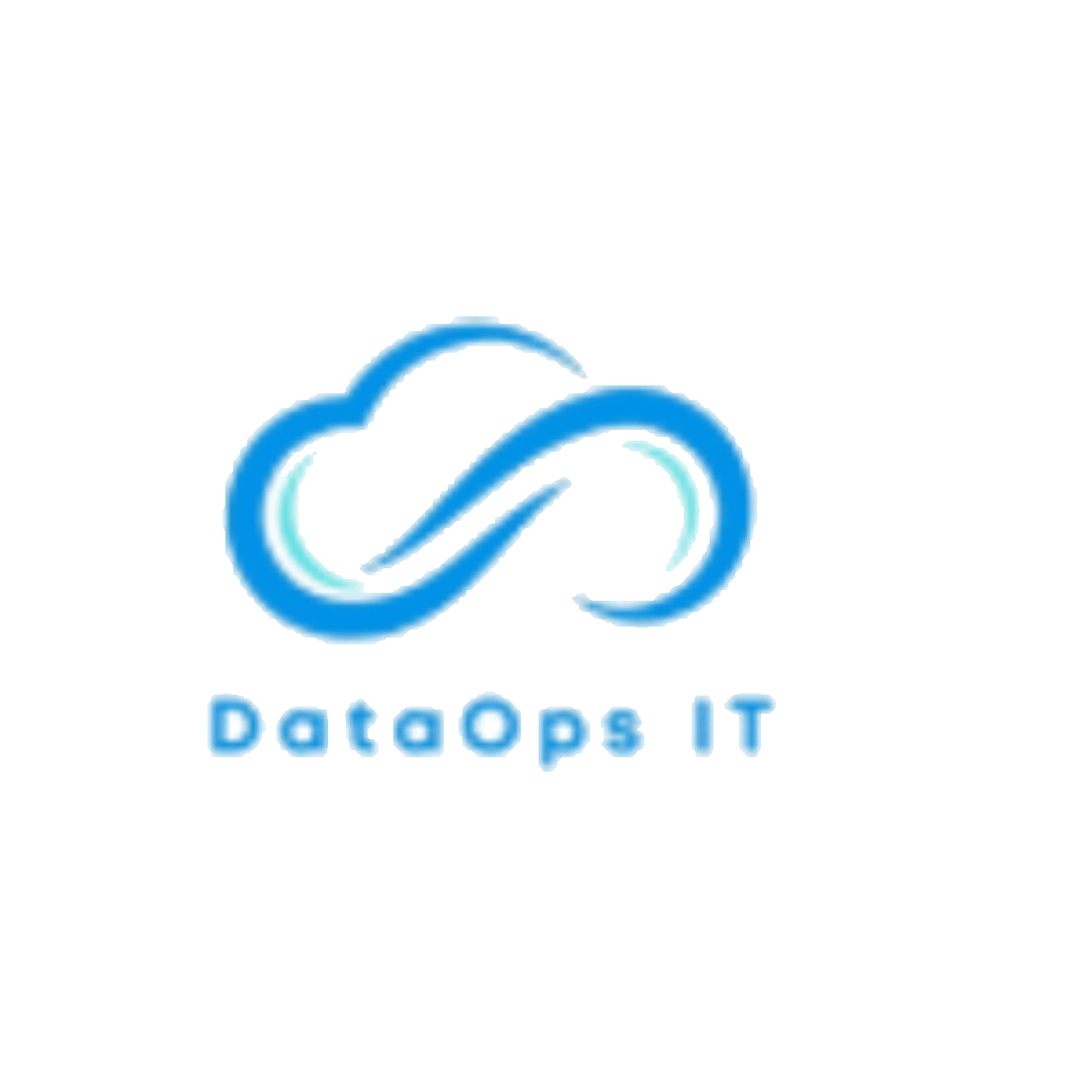SOC2 vs ISO27001 vs GDPR | DataOps IT

In today’s digital-first world, data security and privacy aren’t just buzzwords—they’re business necessities. If your organization stores, processes, or handles customer data, you’re likely to come across compliance terms like SOC 2, ISO 27001, and GDPR.
But what do they actually mean? Are they the same thing? Which one should your company focus on?
Let’s break it down in simple terms.
SOC 2: The Trust-Based Attestation for Tech Companies
🔹 What is SOC 2?
SOC 2 (System and Organization Controls 2) is a framework created by the American Institute of Certified Public Accountants (AICPA). It evaluates how a business handles customer data based on five “Trust Service Principles”:
- Security
- Availability
- Processing Integrity
- Confidentiality
- Privacy
Unlike certifications, SOC 2 provides an attestation report issued by an independent auditor. This report assesses whether your company’s controls are designed well and operating effectively over time.
🔹 Geographic Scope:
Most popular in the United States, especially among SaaS, cloud service providers, and tech companies.
🔹 Why It Matters:
A SOC 2 report tells your B2B clients: “You can trust us with your data.” It’s a stamp of credibility, helping you stand out during vendor evaluations and close deals faster—especially with enterprises.
🔹 Type I vs. Type II:
- Type I: Are the controls in place?
- Type II: Are the controls working over a period of time? (Typically 3–12 months)
Key takeaway: If you’re a tech or SaaS company in the U.S., SOC 2 is often the first framework you’ll be asked about.
ISO 27001: The Gold Standard of Global Information Security
🔹 What is ISO 27001?
ISO/IEC 27001 is an internationally recognized standard for managing information security. It provides a framework to establish, implement, maintain, and improve an Information Security Management System (ISMS).
The goal is to help companies identify security risks and implement controls to reduce them.
🔹 Geographic Scope:
It’s a global standard, accepted and respected across all industries and countries.
🔹 Certification Process:
Unlike SOC 2, ISO 27001 leads to an official certification, granted by an accredited certification body. This means your entire organization gets formally recognized for following top-tier security practices.
🔹 Why It Matters:
ISO 27001 is often required for working with government agencies, regulated industries, or international clients. If your business plans to scale globally, ISO 27001 can open doors to new partnerships and contracts.
Key takeaway: ISO 27001 is ideal for companies that want formal, international recognition for their security posture.
GDPR: The EU Law Protecting Personal Data
🔹 What is GDPR?
GDPR (General Data Protection Regulation) is a data protection law enforced by the European Union. It governs how companies collect, store, process, and share the personal data of individuals in the EU.
GDPR isn’t a framework or standard. It’s a legal regulation, and it applies to any organization—regardless of location—that handles EU citizens’ data.
🔹 Geographic Scope:
Applies globally to anyone dealing with EU user data, whether you’re in Berlin or Bangalore.
🔹 What It Covers:
- User consent
- Data minimization
- Right to access, modify, or delete data
- Transparency in data usage
- Strict breach notification timelines
🔹 Penalties for Non-Compliance:
You could be fined up to €20 million or 4% of your annual global turnover, whichever is higher.
🔹 Why It Matters:
If you’re serving EU customers, compliance is mandatory. Non-compliance isn’t just risky—it could be catastrophic for your business and brand reputation.
Key takeaway: GDPR is about protecting user rights, and it’s not optional if you serve or target EU citizens.
So, What’s the Difference?
| Aspect | SOC 2 | ISO 27001 | GDPR |
| Type | Attestation Report | Formal Certification | Legal Regulation |
| Focus | Internal controls & trust principles | Information security management system | Personal data protection |
| Geography | USA (mostly tech) | Global | EU (but impacts globally) |
| Mandatory? | No, but requested in B2B | No, but valuable for global business | Yes, if you process EU data |
| Issued By | AICPA-certified auditors | Accredited certification bodies | Enforced by EU data authorities |
| Key Benefit | Builds trust in systems and practices | Demonstrates international-grade security | Ensures legal compliance and user rights |
What Do They Have in Common?
Despite their differences, SOC 2, ISO 27001, and GDPR all focus on one core theme: protecting data. They all encourage:
- Security best practices
- Risk assessments
- Clear and documented processes
- Ongoing compliance and improvement
- Culture of accountability and data protection
These aren’t one-time checkboxes. They promote continuous efforts to stay secure, build trust, and grow responsibly.
Which One Should You Choose?
Here’s a quick guide to help you decide:
- Go for SOC 2 if you’re a U.S.-based SaaS or cloud company working with enterprise clients who need reassurance that your systems are secure.
- Go for ISO 27001 if you’re planning to expand globally, want to standardize your information security, or work with strictly regulated sectors.
- Comply with GDPR if you collect or process any personal data from EU residents—even if your business is not in the EU.
Pro tip: Many companies pursue SOC 2 and ISO 27001 together, especially when aiming to serve both U.S. and international clients. And if you’re touching EU data, GDPR compliance is non-negotiable.
Why Should You Care About Any of This?
Let’s be honest—compliance might not sound exciting. But it’s a strategic business move with real benefits:
Builds Trust: Clients want proof that you’re serious about protecting their data.
Wins More Deals: These frameworks can be the deal-breaker in vendor assessments or procurement processes.
Supports Expansion: Want to work with international clients or in regulated industries? You’ll need these credentials.
Avoids Risk: Non-compliance with regulations like GDPR can result in crippling fines and reputational damage.
Final Thoughts
SOC 2, ISO 27001, and GDPR are all about responsible data management—but they each serve different purposes. Understanding the distinctions helps you make informed decisions for your business’s growth, compliance, and trustworthiness.
Whether you’re building a startup, expanding internationally, or serving a niche enterprise market—compliance is no longer optional. It’s a strategic investment in your company’s future.

